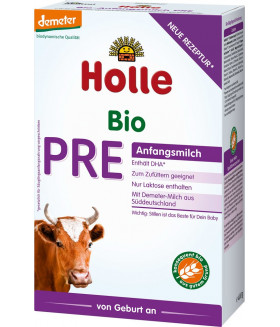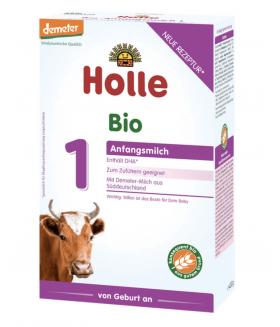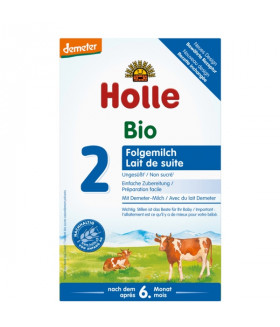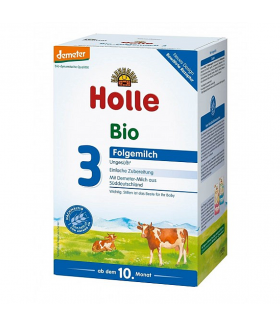Baby Formula with DHA
Contents:
Baby formula is packed full of vitamins and minerals that promote the growth and development of infants in their first year. The ingredients in formula mimic breast milk as close as possible. Breast milk contains docosahexaenoic acid or DHA, an omega-3 fatty acid that promotes brain and vision development. For many years, DHA in formula was not required. However, in 2020, the European Union mandated that all formulas need to have DHA added. Why is it mandatory now and what are the benefits and disadvantages?
Benefits of DHA Formula
DHA in baby formula is crucial to infants for the first six months of life. It is naturally found in breast milk, but it is also found in fish and eggs. While DHA can be made in small amounts by the human body, infants cannot make as much on their own, thus need to consume it through breast milk or infant formula with DHA. Even mothers who are breastfeeding are recommended to take supplements to boost their DHA that is passed to their child.
Since infants are developing so much in these first months, DHA is important for brain and cognitive development, nervous system development, vision or sight improvements, and even behavioral developments. Research is looking into the possibility that DHA in formula may reduce the risk of skin and respiratory allergies in children. It is not just the European Union that believes in the benefits of DHA in formula. It is also supported by the US Food and Drug Administration as well as the World Health Organization.
DHA for formula can still be sourced for conventional and organic products. Refined fish oil is used for organic European baby formula. It is water pressed extracted so that the process is natural while being sustainably sourced.
Disadvantages of DHA Formula
Breast milk is best for babies, yet some babies must rely on infant formula for their nutrition. While baby formula manufacturers try their best to mimic breast milk, formula with DHA can only come so close. It is also a balance to ensure that babies get enough of the essential fatty acids without taking in too much which may lead to adverse effects.
Another disadvantage of DHA formula is that there is not a lot of evidence to support all of the benefits of DHA supplemented formula. Some studies even show no difference in child development. There has been a lot of research on the effects of DHA on baby growth and development, but there is still more that science can learn about infant formula with DHA.
Perhaps the biggest disadvantage of DHA formula is that the American Academy of Pediatrics is not taking an official stand at this time in regards to the addition of DHA in baby formula. Because doctors are the source of guidance when it comes to the well-being of a baby, this puts the ultimate decision back on to the parent who is choosing the right infant formula for their baby.
Products with DHA
As mentioned before, the European Union has made it mandatory that all infant bottle formula must meet the regulations regarding DHA and the ratio of minerals, vitamins, and proteins. Not all infant formulas in the world contain DHA. At the same time, the benefits may outweigh the disadvantages. This is particularly true with the high quality formulas that come from Europe. Loulouka is one of the most recent infant formulas to come from Europe that meets or exceeds the European Union guidelines. Through their own research, they have found the balance of fat, fatty acids, protein, and DHA that is required by legislation and for the dietary needs of infants.
If you are ready to try Loulouka in its new version for 2020, you can buy it at our website and receive fast delivery in the USA.

















